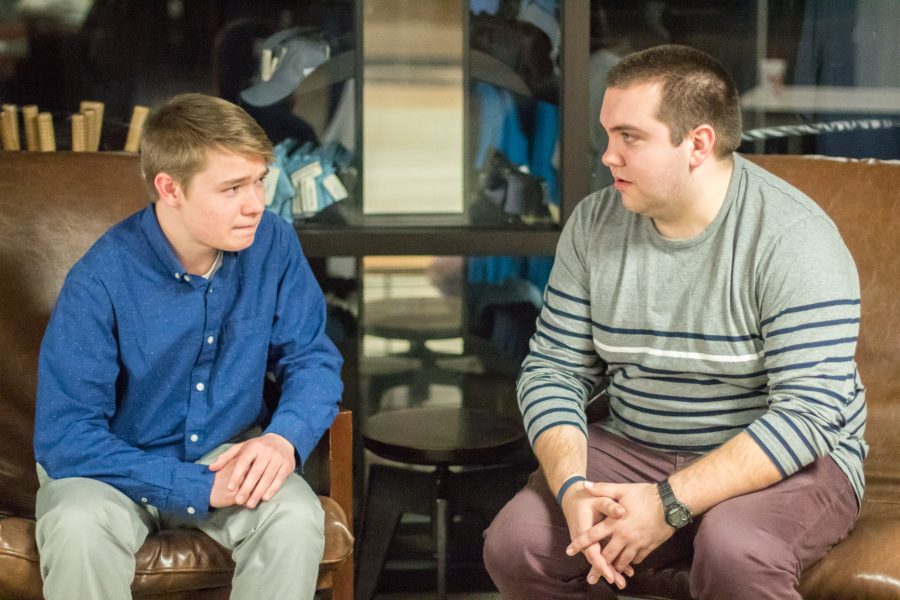People typically have at least one friend who is struggling with some sort of problem: an academic, physical, psychological, spiritual or personal difficulty of some kind. So how can a BJU student help the ones they care about with their struggles?
Learning to recognize the needs around you constitutes a critical first step to counseling friends in relation to their personal issues.
Dr. Greg Mazak, BJU psychology and biblical counseling professor, said, “My first assumption is that everyone’s struggling. Every single person is needy, and every single person needs help.” Dr. Mazak granted that some people struggle more than others at different times, but held that everyone, regardless of position or experience level has struggles.
Dr. Mazak said Galatians 5 tells us the flesh is always struggling against the Holy Spirit. “Every one of us is in a constant spiritual battle, and the location of that battle is within you,” Mazak said.
Concerning who the Christian should seek to help and when, Mazak said that God often providentially gives us opportunities to help those around us in a selection of different ways.
Encounters that we may interpret as “accidental” are often a way God has provided for us to be a blessing to someone else.
Another key element of helping someone who’s struggling is compassion, according to Mazak. Often this element is needlessly complicated by well-meaning people.
“One of the most compassionate things I can do is ask a person ‘how are you doing’ and listen,” Mazak said. That’s not always enough, but that’s always the right thing to do.”
Erika House, junior biblical counseling major, said listening is a powerful counseling strategies.
“I think the most important thing about counseling a friend is listening,” House said. Sometimes they’re not really looking for answers.”
Pearson Johnson, a counselor in the Student Care office, said there’s no cure-all for a struggling friends, but being a good friend can make a real difference.
“A peer can actually have a much more effective influence than a professional simply because a peer is walking through life alongside of their friend at the very moments that wrong thinking or temptation or trials happen,” Johnson said.
Katie Albert, a RA in Creel, said helping struggling friends is both difficult and highlt rewarding. She said she often uses her past experiences and verse that have influenced her to point the girls on her hall to hope in Christ.
“It’s interesting how many times I’ve been exactly where they’re at,” Albert said.
You may not have all the answers to your friends problems, but developing a supportive community plays a vital role in helping your friend.
In many of cases helping a friend is much simpler than people think.
Sometimes physical factors can significantly affect someone’s wellbeing. Nutrition, rest and exercise are all important to wellness.
Although these factors may not be the root of the problem, making sure a struggling person is getting enough food and rest will benefit them.
If there is a possibility that an underlying problem with physical or mental health exists, referring the friend in question to a physician may be a good idea in some cases.
“I want to talk to people about spiritual health and also physical health. It’s not really a question of which one, but ‘how can I help in both areas?’ ”























































